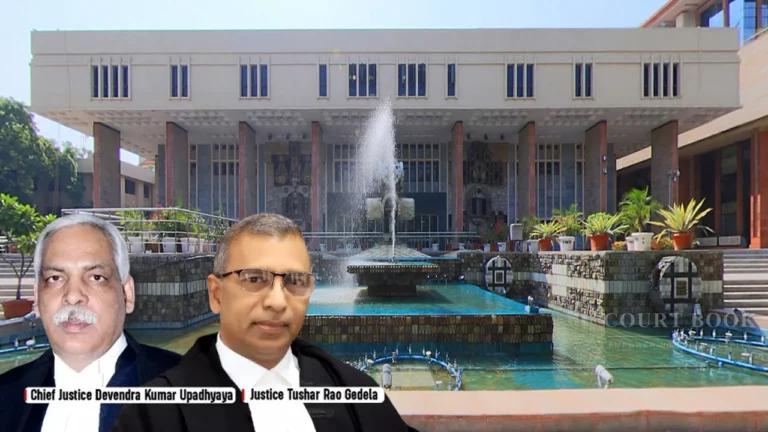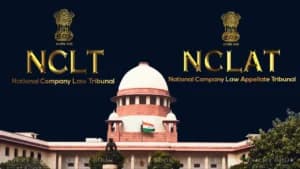In a detailed judgment pronounced on October 14, 2025, the Delhi High Court dismissed the petitions filed by M/s Tarini Minerals Pvt. Ltd., challenging the government's refusal to revive its mining lease in Odisha. The Division Bench comprising Chief Justice Devendra Kumar Upadhyaya and Justice Tushar Rao Gedela upheld the legality of Rule 20(7) of the 2016 Mining Rules, which nullified pending applications for revival of lapsed leases.
Background
The dispute traces back to a mining lease granted in 1990 for iron and manganese ore over 66 hectares in Keonjhar district, Odisha, originally issued to Mr. Niranjan Patnaik and later transferred to Tarini Minerals in 1995.
After amendments to the Mines and Minerals (Development and Regulation) Act (MMDR), 1957, in 2015, the lease automatically extended to 2040. However, in 2015, the Odisha government declared the lease as lapsed, citing non-production under Section 4A(4) of the MMDR Act. The company’s initial challenge succeeded before the Odisha High Court in 2019, which remitted the case for reconsideration.
The State, however, once again declared the lease lapsed in November 2019. Tarini Minerals sought revival in May 2020, invoking the third proviso of Section 4A(4) that then allowed such revival within six months of lapse. But subsequent legislative changes-the 2021 MMDR Amendment and Rule 20(7) of the 2016 Rules (as amended on November 2, 2021)-abolished the revival provision altogether.
Court's Observations
The bench heard extensive arguments from both sides. Senior Advocate Nidesh Gupta represented the petitioner, while Dr. B. Ramaswamy (CGSC) appeared for the Union of India and Mr. Soumyajit Pani represented the State of Odisha.
The company’s core argument was that its right to seek revival had "crystallized" in 2020, before the amendment took effect, and that the government could not retrospectively nullify its pending application. Gupta contended that the rule was "ultra vires" the MMDR Act, since Section 13 of the Act does not empower the Central Government to make rules with retrospective effect.
"The amendment takes away an existing right and operates retrospectively without express authorization," Gupta submitted.
The bench, however, found the argument untenable. Justice Gedela, writing for the bench, observed,
"Rule 20(7) was amended merely to align with the legislative policy reflected in the amended Section 4A(4) of the MMDR Act, which had already removed the provision for revival."
The court also referred to the Supreme Court's landmark ruling in State of Tamil Nadu v. Hind Stone (1981), which held that applicants for lease or renewal have no vested right to demand consideration under unamended rules.
"The right to seek renewal or revival is not a vested or accrued right," the bench emphasized. "Applications must be dealt with according to the rules in force at the time of disposal, not at the time of filing."
It further dismissed the plea that Section 6 of the General Clauses Act protected the petitioner’s revival right, clarifying that the section applies to repeal of statutes, not to subordinate rules.
"The petitioner's reliance on Section 6 is misplaced," the bench observed. "No vested right existed, and the remedy itself stood extinguished with the legislative change."
Decision
Concluding that both the MMDR Amendment (2021) and Rule 20(7) of the 2016 Rules were legally valid, the court dismissed Tarini Minerals’ writ petitions (W.P.(C) 1945/2023 and W.P.(C) 5633/2023) as "devoid of merit."
The bench categorically held that:
"Neither the impugned Rule 20(7) of the 2016 Rules is ultra vires the MMDR Act, nor can it be said that merely by making an application seeking revival of the lapsed lease any right got vested in the petitioner."
With that, the petitions were dismissed, and the court declined to impose costs.
Case Title: M/S Tarini Minerals Pvt. Ltd. vs Union of India & Anr.















